In a fiery denunciation of Germany’s current left-wing immigration policies and their societal impact, Julian Reichelt, former editor-in-chief of Bild, has emerged as one of the most prominent critics of multiculturalism. Speaking via his YouTube channel, Achtung Reichelt!, he delivered a scathing critique of what he calls the “ideology of diversity” in the wake of the mass Islamic stabbing attack in Solingen on August 23, 2024, where three people were killed and eight injured, accompanied by the Syrian migrant’s cries of “Allahu Akhbar.”
Reichelt’s statements mark a major departure from his earlier career as a progressive journalist, reports Gates of Vienna. Once a proponent of welcoming Syrian refugees and an opponent of giving airtime to the conservative Alternative für Deutschland (AfD), Reichelt has performed a complete political U-turn, now railing against the cultural and societal consequences of unchecked Islamic immigration.
“A Trail of Blood Across Our Country”
Reichelt minced no words as he skewered diversity as a façade for societal collapse and state failure. Citing Wuppertal Police Chief Markus Röhl, who recently admitted that Germans must now personally weigh the risks of attending public events, he declared:
“This is the surrender to the violence that plagues this country. The term ‘diversity’ now stands for the abandonment of our rules, for the collapse of our social order.”
In his critique, Reichelt drew a direct line between Germany’s policies and rising insecurity, describing the influx of migrants as an “invasion from illiterate, Islamist Stone Age cultures.” He pointed to an ideological agenda behind the government’s refusal to implement controlled immigration, arguing that it has turned diversity into a euphemism for chaos.
The Solingen Attack: A Defining Moment
For Reichelt, the Islamic terror attack in Solingen encapsulates the dire consequences of Germany’s immigration policies. Far from an isolated incident, he sees it as emblematic of a broader trend of violence tied to failed integration. He thundered:
“The ideology of diversity is killing our country. It’s endangering our children. It sows the corrosive feeling of constant fear and worry in our souls.”
Reichelt lamented how fear has reshaped German society, forcing girls to submit to Islamic dress codes and boys to capitulate to ideological violence. “I don’t want our children to grow up like this,” he said. “I don’t want any sharia anywhere in this country.”
Diversity as a Trojan Horse
Reichelt blasted the concept of diversity as a Trojan horse for Germany’s cultural erosion. Instead of enriching society, he argued, it has brought sharia-adherent practices, crime, and fear to the nation’s streets.
“This word ‘diversity’ stands for a trail of blood that runs all across our country,” he declared. “It does not stand for enrichment through new ideas or progress, but for the uncontrolled onslaught of Islam on our country and our prosperity.”
According to Reichelt, Germany’s institutions, businesses, and cultural organizations have capitulated to the ideology of diversity, prioritizing virtue signaling over public safety. This capitulation, he warned, will continue to strip Germans of their freedoms and security if left unchecked.
“We Are Living Through Collapse”
Reichelt’s transformation from progressive to an unapologetic critic of Germany’s multicultural experiment reflects growing unrest among Germans who feel abandoned by their government. His rhetoric is not merely controversial—it’s a clarion call for citizens to demand a reversal of policies he sees as leading the nation to ruin.
“This, ladies and gentlemen, is what the collapse of our social order looks like,” Reichelt declared. “I can’t stop and won’t shy away from opposing these policies because I am afraid for my children and the children of this country.”
A Nation at a Crossroads
Reichelt’s unapologetic message resonates with a populace increasingly alarmed by the societal effects of mass Islamic migration and multiculturalism. While his words have drawn sharp criticism from the political left, they reflect the frustrations of many Germans who feel that their concerns about security, identity, and cultural preservation are being ignored.
As Reichelt’s voice grows louder, it highlights a broader reckoning within Germany: whether the nation will reclaim its sovereignty and cultural identity or continue down a path of what Reichelt describes as “ideological surrender.”
“Germany stands at a crossroads,” Reichelt concluded. “The ideology of diversity is killing our country. It’s time to take it back.”


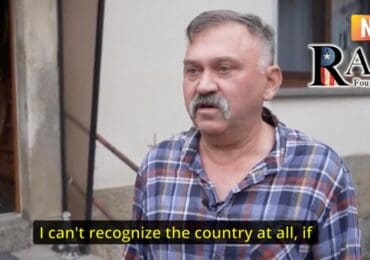

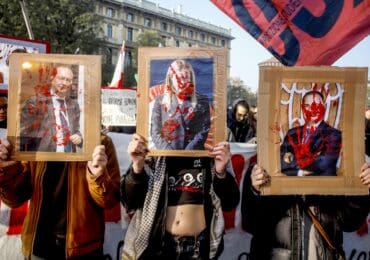


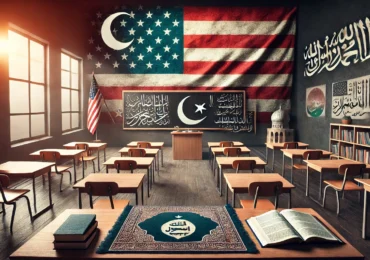

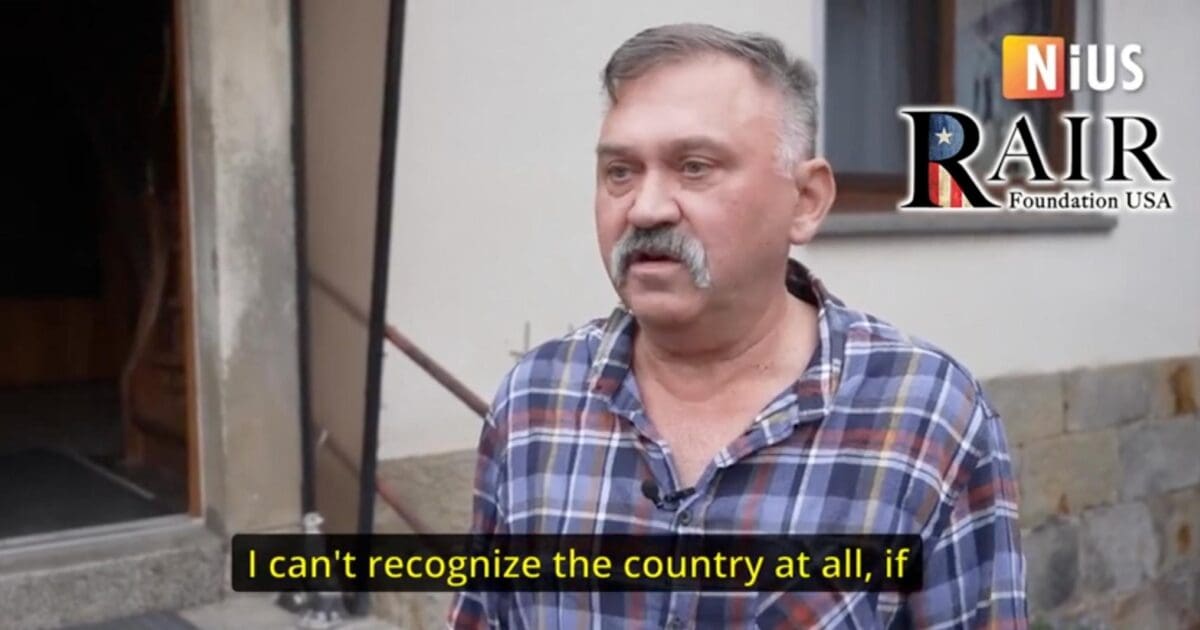

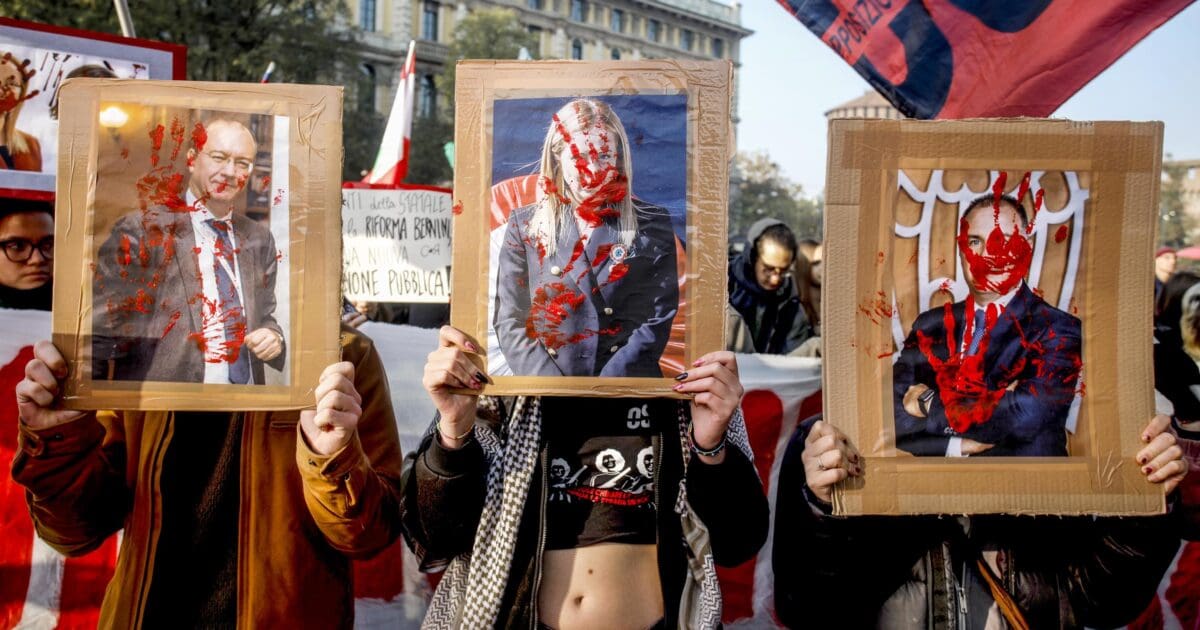


Add comment